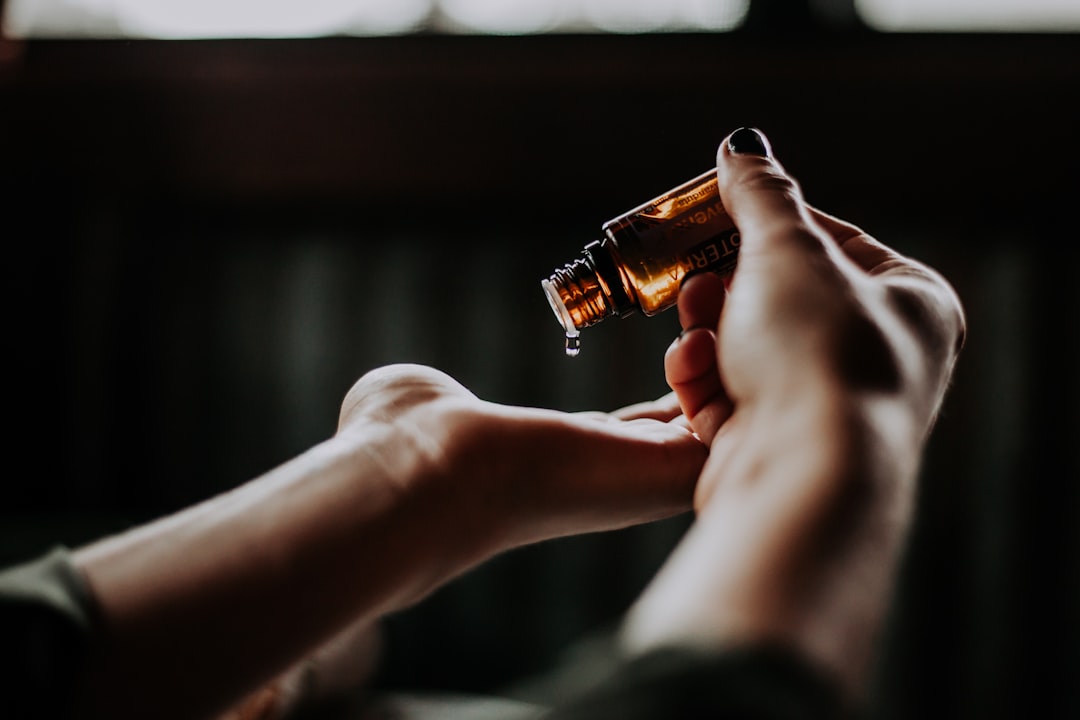Indiana massage schools must rigorously evaluate curriculums to prevent misconduct and promote ethical practices, including consent, privacy, and professional conduct, crucial for mitigating massage abuse. Licensing boards safeguard the public by inspecting, reviewing, and monitoring massage therapy programs, investigating suspicious activities, and collaborating with law enforcement. Victims of sexual abuse or negligence by graduates can seek justice with help from a massage abuse attorney Indiana. Schools should strengthen student screening and regularly update curricula to address legal implications of massage abuse, fostering trust and accountability among therapists. A collaborative approach involving schools, boards, and attorneys is essential in combating growing concerns over potential massage abuse in Indiana.
Indiana’s massage schools play a vital role in preparing graduates for professional practice, but accountability for misconduct is crucial. This article explores strategies to hold schools and graduates accountable for unethical behavior. We delve into key aspects, including curriculum evaluation, licensing board oversight, legal protections for victims, improved student screening, and public education on massage safety. By implementing these measures, Indiana can enhance its standards, prevent massage abuse, and ensure a safer environment for clients. For legal guidance regarding massage abuse, consult a skilled Indiana massage abuse attorney.
Evaluating Massage School Curriculum for Misconduct Prevention

Indiana massage schools play a vital role in preparing students for professional practice, but their curriculum must be rigorously evaluated to prevent potential misconduct. A thorough review of course content and teaching methods is essential to ensure that graduates are equipped with not just technical skills but also ethical practices and awareness of boundaries. This involves assessing whether the school incorporates comprehensive training on consent, client privacy, and professional conduct, which are critical aspects in mitigating massage abuse.
An effective curriculum should educate students about the legal implications of misconduct, empowering them to make informed decisions while practicing. By integrating case studies and role-playing scenarios related to ethical dilemmas, schools can foster a culture of accountability. Additionally, regular feedback sessions with experienced practitioners and attorneys specializing in massage therapy law can provide valuable insights into real-world challenges, allowing students to navigate potential pitfalls with confidence and integrity.
The Role of Licensing Boards in Graduate Accountability

In Indiana, licensing boards play a pivotal role in holding massage schools accountable for graduate misconduct. These regulatory bodies are tasked with ensuring that massage therapy programs meet specific standards to protect the public from potential harm. By conducting regular inspections, reviewing course curricula, and monitoring graduate performance, licensing boards can identify issues related to inadequate training or unethical practices. When massage abuse or other forms of misconduct are suspected, these boards have the authority to investigate, discipline, or revoke licenses, providing a crucial layer of protection for clients across Indiana.
Moreover, licensing boards work closely with local law enforcement and massage therapy associations to establish guidelines and protocols that address graduate misconduct. Collaboration between these entities helps create a comprehensive system where massage abuse attorneys in Indiana can report and pursue cases more effectively. This coordinated effort not only holds graduates accountable but also strengthens the overall integrity of the massage therapy profession, ensuring clients receive safe and ethical services.
Legal Recourse for Victims of Massage Abuse

If a graduate of an Indiana massage school is found guilty of misconduct, such as sexual abuse or professional negligence, victims have legal recourse. Individuals who have suffered harm due to a therapist’s actions can take civil action against both the practitioner and potentially the educational institution responsible for their training.
Hiring a massage abuse attorney in Indiana is crucial for pursuing compensation and justice. Legal experts specializing in massage therapy cases can help victims navigate complex laws, gather evidence, and build strong cases. Through litigation or alternative dispute resolution, victims may recover damages for physical pain, emotional distress, and related expenses incurred as a result of the abusive massage experience.
Enhancing Student Screening to Prevent Future Incidents

To prevent future incidents of misconduct, Indiana massage schools should enhance their student screening processes. This includes thorough background checks that go beyond criminal records to include verifying references and reviewing academic performance. By implementing stricter screening measures, schools can better assess students’ character and suitability for the profession, reducing the risk of massage abuse.
Moreover, these screenings should be regularly updated and reinforced as students progress through their programs. A proactive approach to student selection not only protects clients but also upholds the integrity of the massage therapy industry in Indiana. Ensuring that only qualified and ethical individuals become massage therapists is crucial in maintaining public trust and addressing potential legal issues that may arise from massage abuse.
Public Awareness: Educating on Massage Safety in Indiana

In Indiana, public awareness about massage safety is crucial, especially with growing concerns over potential massage abuse. Educating residents on recognizing and preventing misconduct requires collaborative efforts between massage schools, regulatory bodies, and legal professionals. Schools play a vital role in instilling ethical practices from the outset, ensuring graduates understand their responsibilities towards client welfare.
By integrating comprehensive safety measures into their curricula, Indiana massage schools can empower students to make informed decisions. This includes teaching techniques for professional boundaries, client communication, and handling sensitive situations. Moreover, regular discussions on legal implications of massage abuse can act as a deterrent and help graduates navigate ethical dilemmas, ultimately fostering a culture of accountability among massage therapists in the state.






